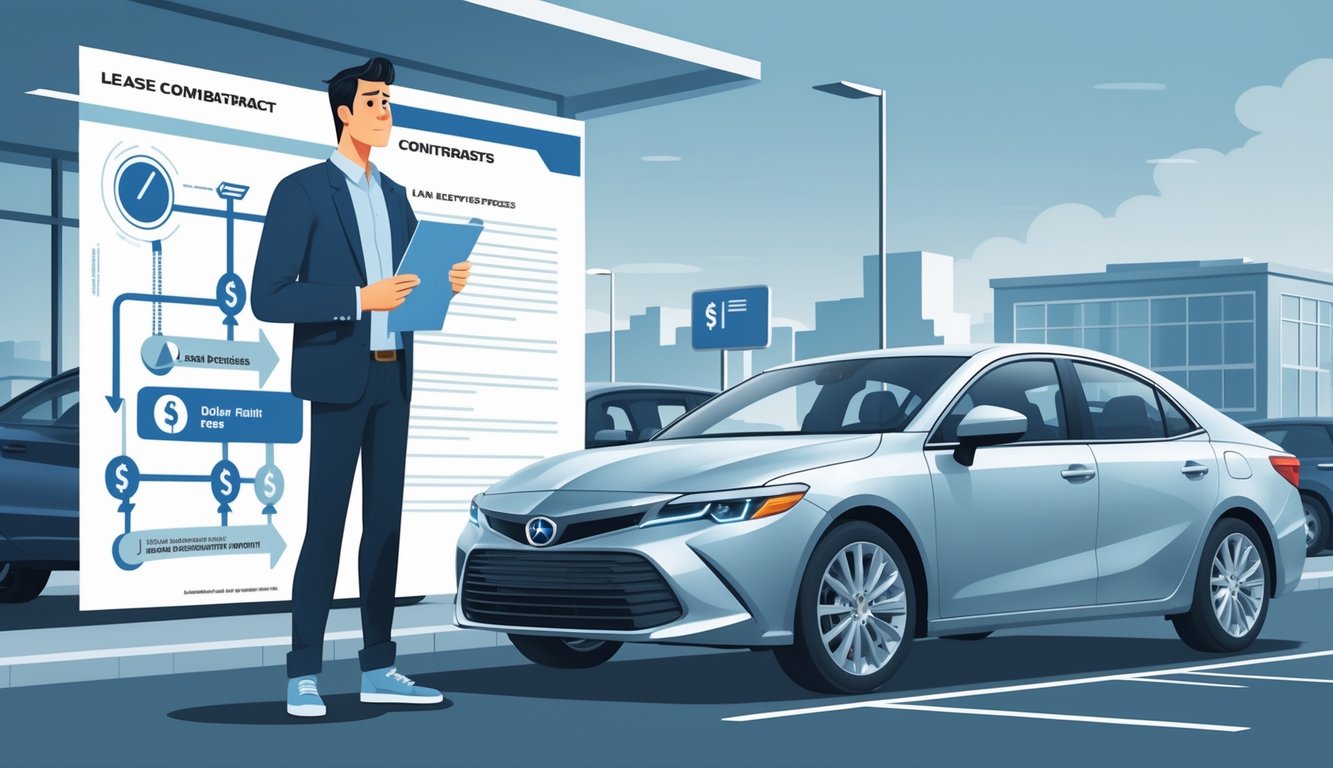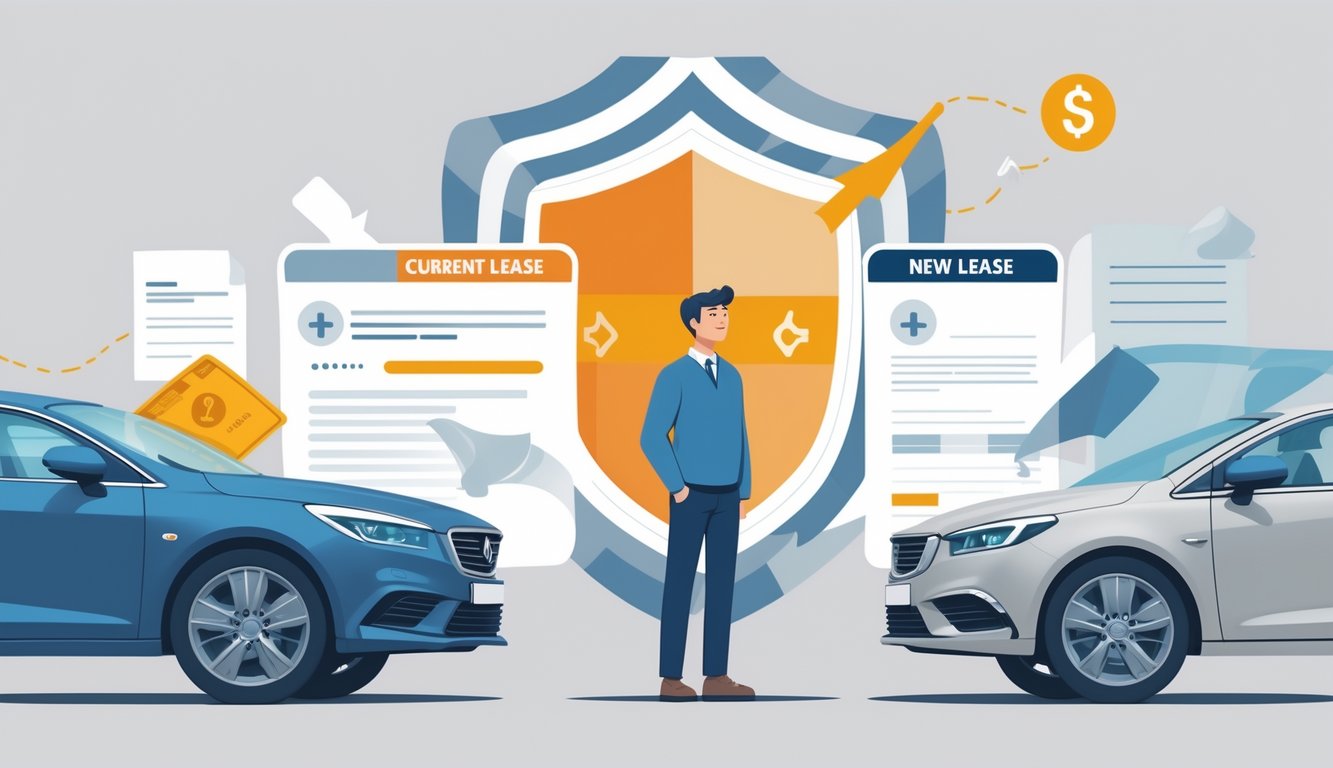
Preventing Loan Penalties When Transferring Leases

Everything’s moving at warp speed—except for the fine print and bank emails, which arrive late or maybe never. Most people skip over the penalty clauses, then text me in a panic when “transfer” suddenly means “$3,200 surrender fee” and the repo guy starts circling. Not paranoia if the leasing companies are actually this stubborn.
Due Diligence Before Transfer
So, before you even think about swapping a lease—seriously, don’t just skim the summary the dealership hands you—grab the actual, original loan documents. Not the stuff they print off with the giant “For Your Convenience” watermark. I called the lessor (Jeep finance, the guy sounded like he was about to fall asleep, and I got to listen to hold music for half an hour) and asked for a real list of every fee, all the weird transfer conditions, and what I’d still owe after the handoff. I wanted it in writing, with a signature or at least an email chain. If you just trust the sales guy’s handshake, you’re probably toast.
I’ve lost count of how many people post on Leasehackr or Edmunds forums—three a week, minimum—“Help, got stuck with surprise charges after a lease transfer.” FTC says 42% of auto finance complaints are about fees nobody saw coming, but nobody really lists out the sneaky stuff, like “accelerated payments” or “early termination penalties.” And yeah, even after you hand over the keys, some lenders keep reporting late payments on your credit until the DMV finishes the paperwork, which, in my world, means months of limbo when the DMV “misplaces” a form. Trust the dealership? Please. My friend’s lawyer once said, “Oral promises about loans are worth nothing 99% of the time.” That sounds about right.
If you see anything sketchy—like “no third-party transfers in last 6 months” or “you’re still liable for defaults”—stop. My accountant once spent months untangling a FICO mess for someone who thought “release of liability” meant, you know, actual release. It’s about as meaningful as “unlimited” cell plans with secret data throttles.
Negotiating Favorable Terms
Trying to change lease terms after signing? Feels like asking for extra fries at McDonald’s. Everyone says “impossible.” But in 2024, I watched two clients get fees waived just by pushing hard and quoting state reg 28-140. Some lenders (Ally, US Bank) have a “lease transfer addendum,” but only if you ask and have the paperwork ready. Pro tip: borrow a real scanner, because phone apps will turn your forms into a Picasso.
If you point out that retention rates tank after denied transfers (18% drop, Automotive News, 2023), sometimes they suddenly care. But brands like Tesla and BMW? Their contracts have penalty landmines, and reading them is a headache. I needed coffee and Advil by clause 17(d). Never buy “everyone gets approved, no problem.” Demand a written, timestamped list of every transfer and processing fee. Keep it, initial it, whatever. If you can, get a joint written release—my cousin’s Ford lease only stopped haunting his credit after the buyer signed a notarized acceptance. Yeah, it’s paperwork hell, but the alternative is a year of mail from collection bots that can’t spell your name. Weirdly, the more skeptical I acted, the more flexible they got—one time I got a $600 fee waived by pointing out a vague “material adverse change” clause. Apparently, no one ever does that. Sometimes, bureaucracy just needs someone annoying.
Legal Recourse for Affected Owners
This isn’t just paperwork. It’s people getting blindsided by financial hits long after the swap. Penalties pop up, lenders point at fine print, and suddenly you’re holding a stack of receipts and none of it adds up.
When to Seek Legal Help
My neighbor got slammed with an $1,800 “early transfer” fee, even though he followed instructions exactly. The dealership still claims they “disclosed all terms,” but the document? Never saw it. Consumer Reports (2024) says 11% of lease transfers end up with legal consults, so I’m not the only one who’s searched “auto lease attorney near me” at 1am.
Once creditors start yelling about breaches or penalties, waiting just makes it worse. That’s when you need every email, text, or signed doc. I called the state attorney general’s office once—useless, honestly, and the hold music nearly made me give up—but a contract lawyer found two buried clauses the dealer ignored. Automaker hotlines? Never fixed anything, but they sure know how to apologize.
Disputing Unjust Penalties
If you want to fight sketchy penalties, save everything: emails, texts, signed forms, even screenshots of chatbot promises. My ex-landlord (a lawyer) just said, “Docs beat angry calls.” Most car lease arbitration drags on 5–8 weeks, according to the National Automobile Dealers Association. So, patience is apparently a luxury.
Don’t expect dealerships or finance arms to ever admit they’re wrong. Small Claims Court covers up to $10,000 in most states, no lawyer needed—a friend actually got a partial refund, but the paperwork was cryptic, like something out of Kafka. Tried the BBB complaint portal, too. All I got was a conference call with some corporate rep (“We are investigating”), which turned into email tag and nothing else.
